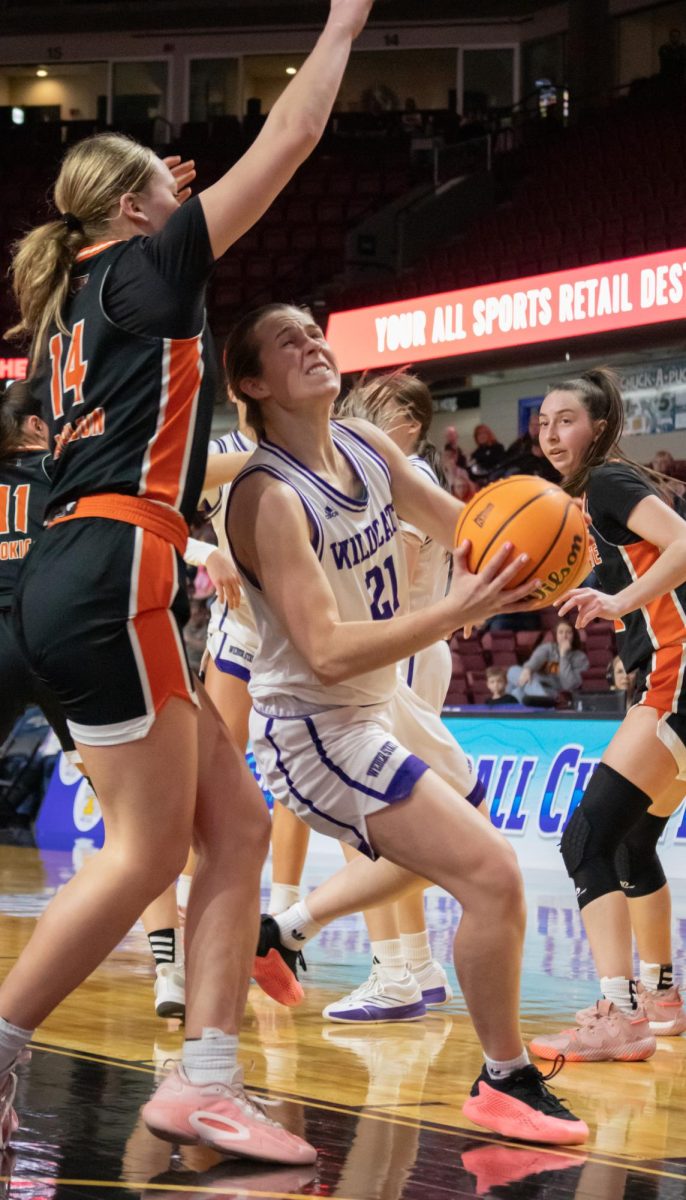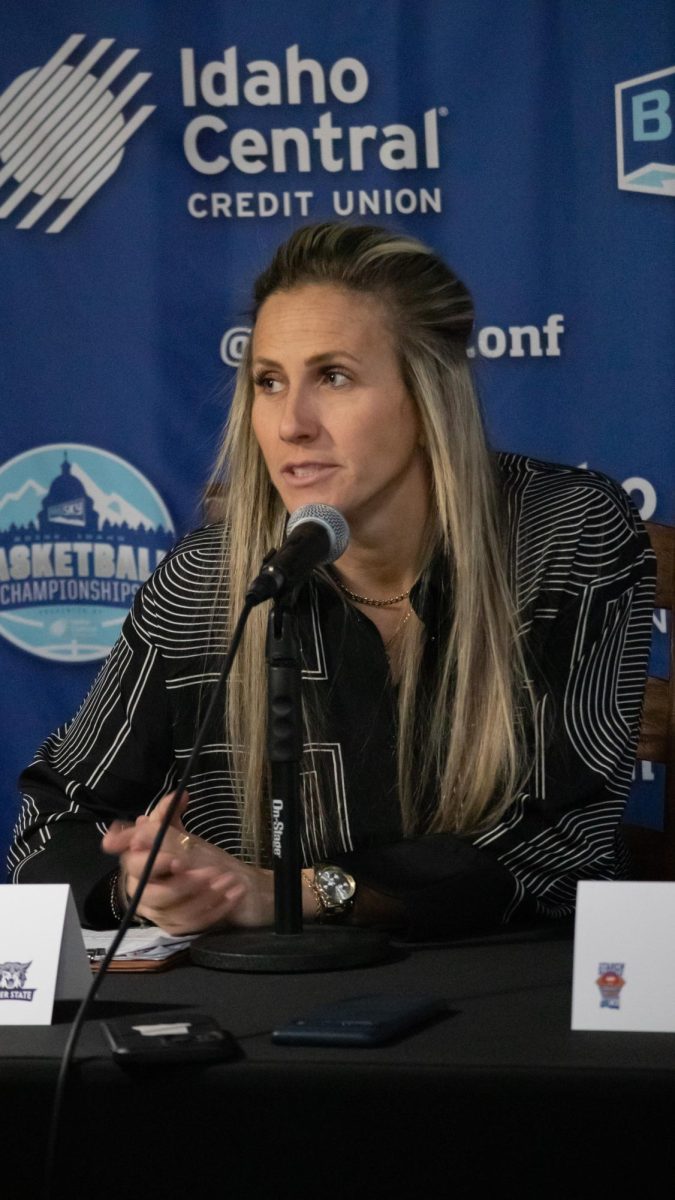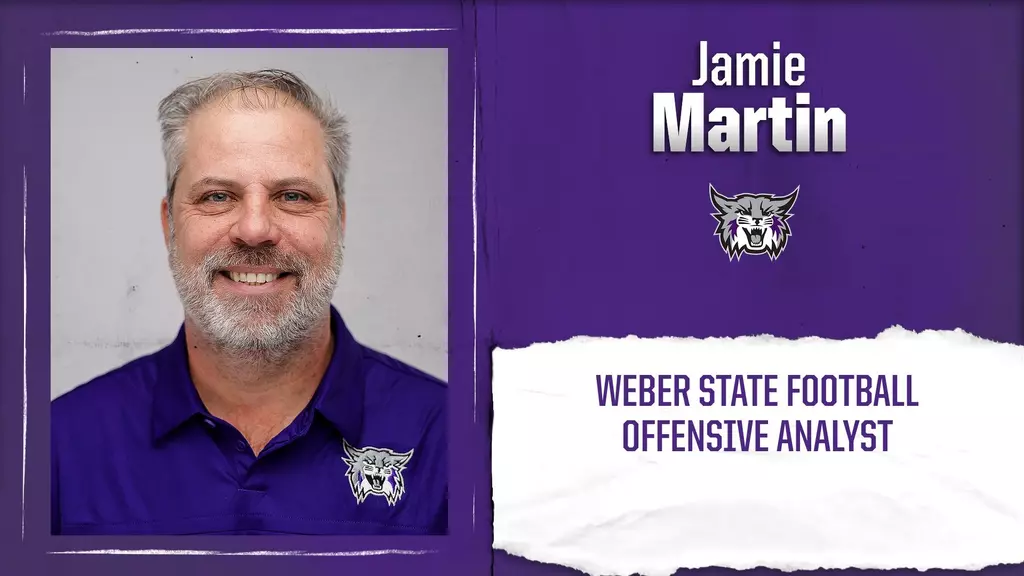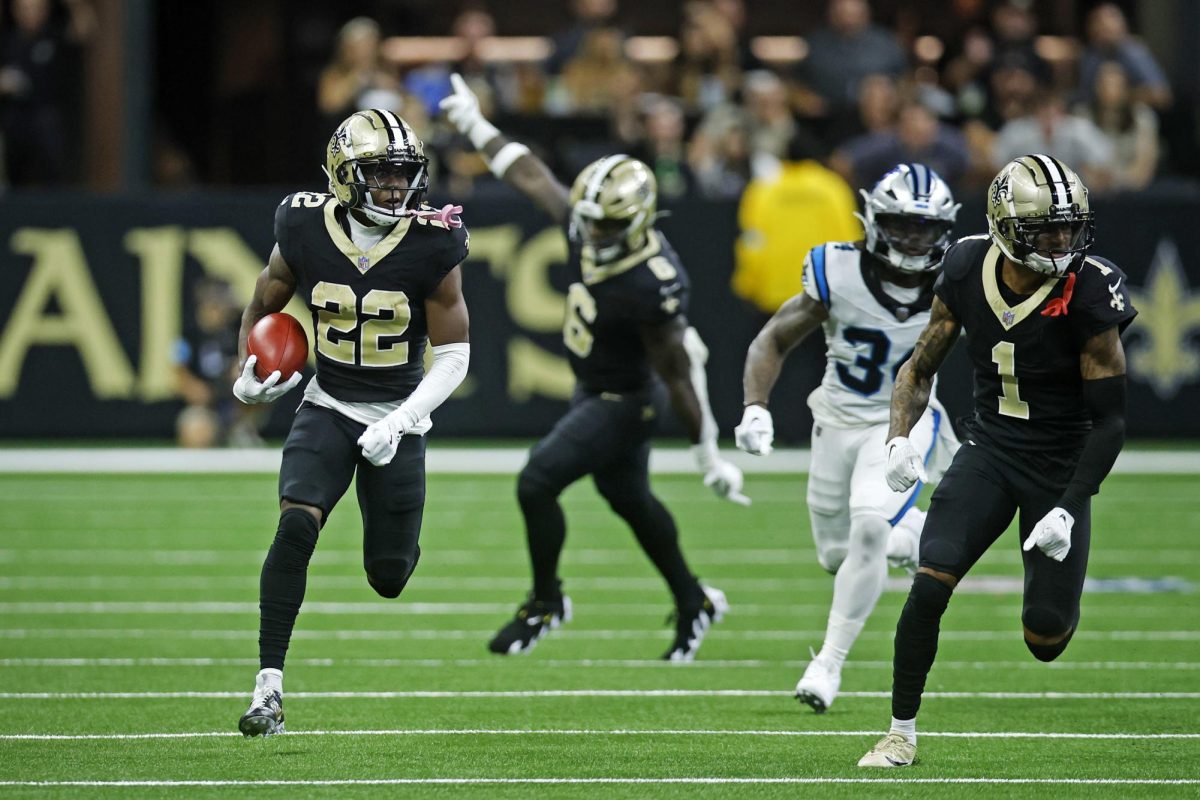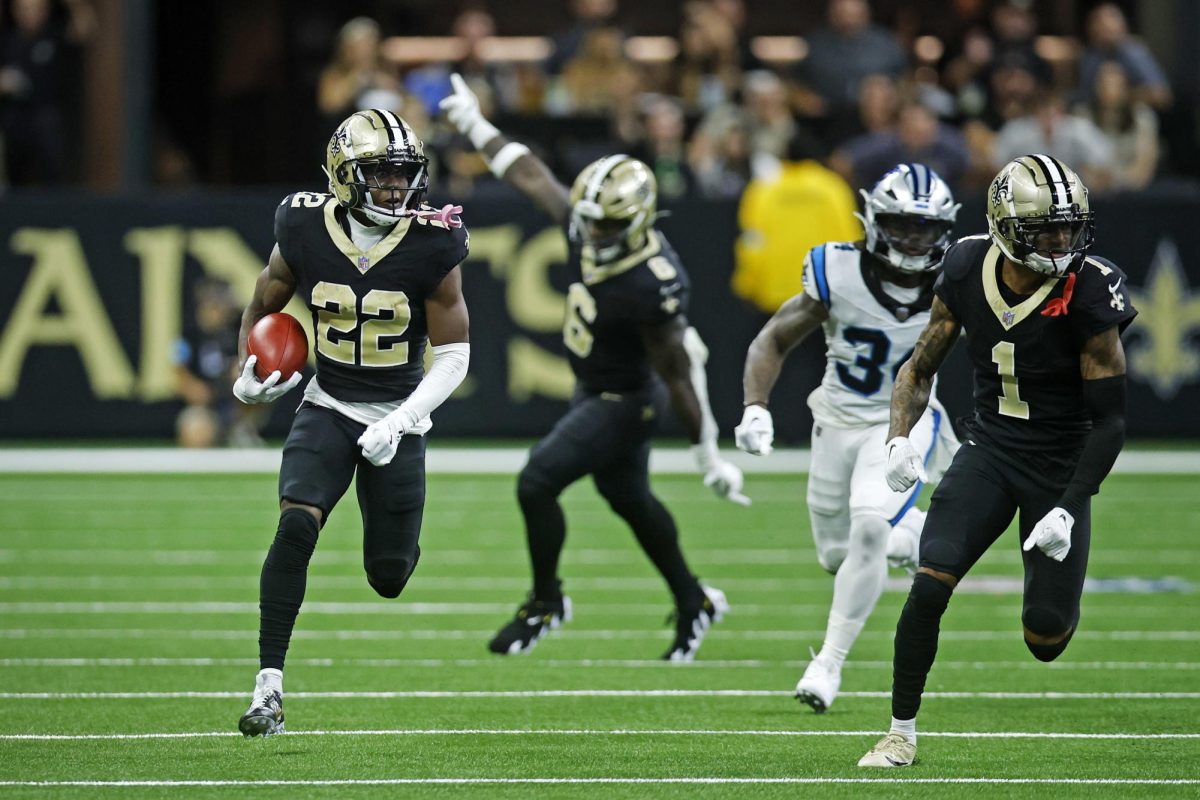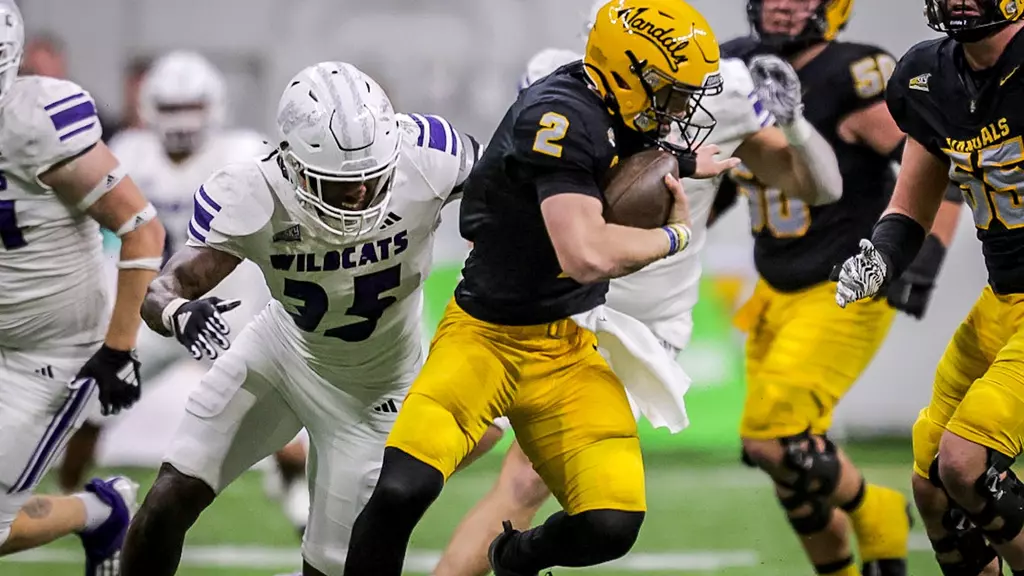
With the National Labor Relations Board’s decision to allow football and basketball athletes at Northwestern University to unionize, the expert consensus is that this is the first step toward colleges having to pay their student athletes. While that wasn’t the main objective of the decision, it begs the question of how that would work at a school like Weber State University.
“If you look across the board at the over 300 Division 1 schools, there are only 14 or 15 actually making a profit without any other assistance,” said Jerry Bovee, WSU director of intercollegiate athletics. “It’s a small number.”
WSU is not one of the 15 schools that can fully sustain its own athletic program. According to a statement from WSU Athletics, WSU program revenues account for only about 15 percent of its total expenses.
“We have a lot of funding sources,” said WSU financial operations manager Michael Tesch. “We get student fee money, money from the administration for certain items, our gift funds, (and) each of our sports are required to bring in so much each year in revenue between season ticket sales and gate receipts, corporate sponsors, money from the NCAA for certain items. There are a lot of different things.”
While it isn’t feasible for WSU and is currently prohibited under NCAA regulations, those in the field have mixed feelings about paying college athletes.
“I’m not in favor of paying players,” Bovee said. “Otherwise, we are just a farm system for the NFL and the NBA. I do view that they get paid. They get an education and they get an opportunity to better themselves. Many of our players are first-generation students. They might not have another opportunity to get their education taken care of were it not for their ability to perform athletically.”
WSU men’s basketball head coach Randy Rahe said he isn’t for or against sharing NCAA revenues with athletes. He just doesn’t know how it would be done.
“I think it is a logistics nightmare if they try to do that,” Rahe said. “My guess is that if you are going to have to pay basketball, you have to pay football — you have to pay everybody. I don’t know where schools like ours would be able to get the money to do something like that, to fund it. I think there are so many unanswered questions. It’s easy for these commentators to come out and say, ‘Yeah, we should pay them,’ without having a plan of how you actually do it.”
Rahe was also skeptical due to other possible consequences of giving players extra money.
“I also think it opens up another can of worms when you are paying kids extra money to play basketball,” he said. “Now we are opening the door to possible cheating violations going on too. I’m not sure that can of worms can be controlled.”
While Bovee is against paying student athletes to play collegiate sports, he also sees needs that some schools are not meeting.
“I hear a lot of non-student athletes saying they (student athletes) have it made, but they don’t have a schedule like everyone else either,” he said. “They are on a tight schedule. If you came and walked with a student athlete on a daily basis to see how that is, it’s a pretty tough road.”
Bovee said the main goal is to give athletes their physical needs, food and shelter.
“I do think that, down the road, that there will be some discussion about making sure that at least they have their needs met, that they have a stipend and a way to not go hungry,” Bovee said. “We’ve got to take care of the basic needs if you are going to ask them to come and basically give their lives to you.”
While the discussion on paying college athletes doesn’t look like it will go away anytime soon, the real test is to find a way to divide funds, if there is feasible way to do it.
“I’m not saying I am against it or for it,” Rahe said. “All I’m saying is I don’t know if there would be a logical plan that would make sense to cover all aspects that you would have to cover. It just seems like it would be a logistical nightmare to control it and to fund it. Good, bad or ugly, I don’t know. I just know it’s a hard thing to implement.”
@MarcusAJensen




